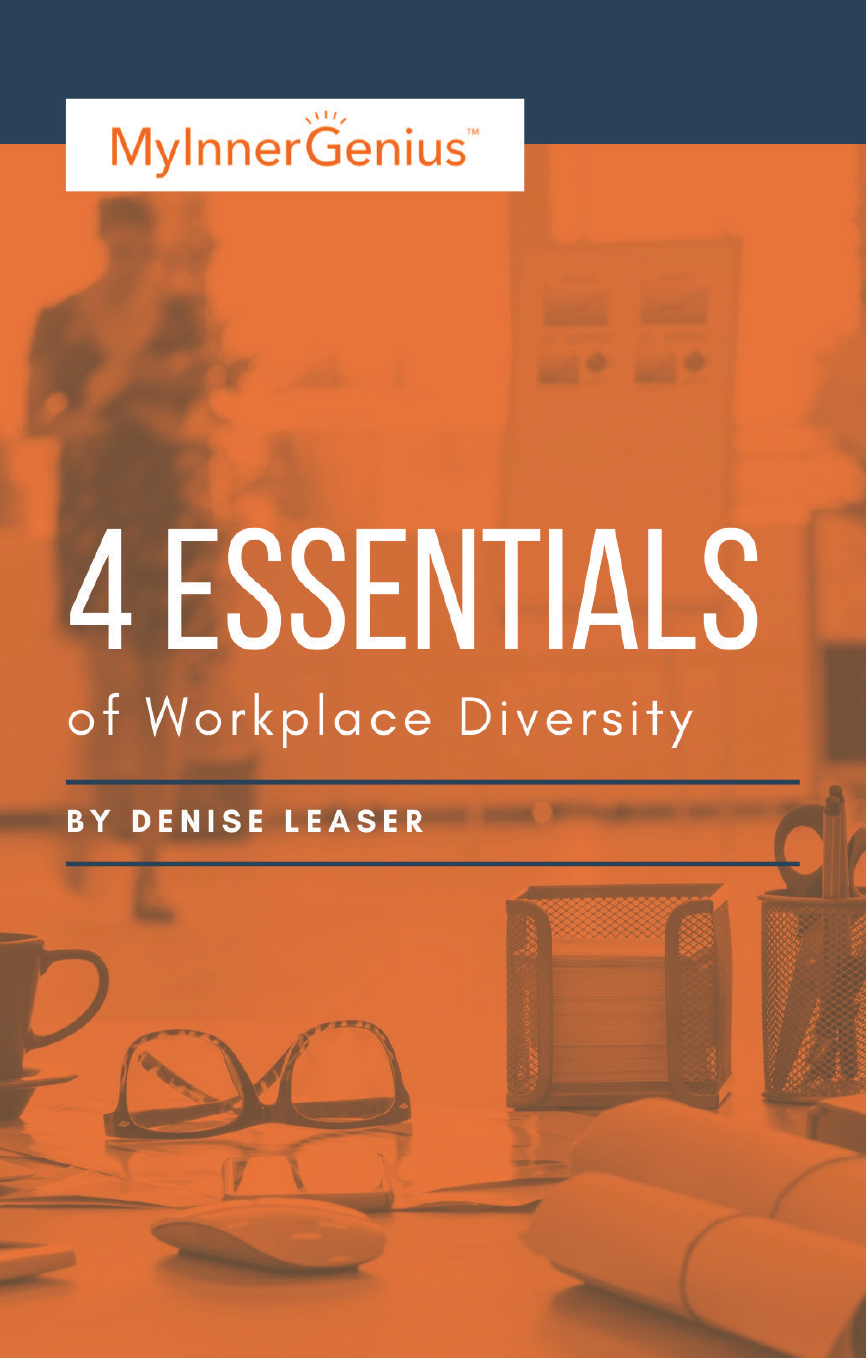Nobody wants to admit to being biased, and yet we all are. The common perception is that recognizing our biases will help us avoid them and in a way, that’s true, but recognition is only half of the work. The second half is purging that bias from not only yourself but your environment. But it’s not always easy to spot.
Here are a few ways that bias and discrimination might be lurking unconsciously within your company.
Unnecessary barriers to entry
Here’s a little secret for creating a diverse workforce—it’s much easier than we make it out to be. It isn’t difficult to find qualified diverse candidates; if your company is open to them and doesn’t have barriers in the hiring process that turns away job seekers from marginalized communities, they’ll apply.
This is why eradicating bias—even unconscious bias—from the hiring process is critical. It gatekeepers diverse candidates from even submitting themselves for certain jobs. This is harmful in multiple ways. First, it gives employers and hiring managers the impression that there aren’t any qualified diverse candidates when that simply isn’t true. And second, it creates barriers in the minds of diverse job seekers that tells them “I’m not qualified for this,” “I can’t do this”, or “I don’t have a shot” when they have just as much potential to succeed as any other similarly qualified applicant.
Revamp your job descriptions. Think about what you really need versus what you think you need or would like to have. Listing too many requirements, especially ones you really don’t need, can unnecessarily screen out great candidates.
It’s critical that we examine our hiring processes and strike out biased elements like resumes, overly long and technical job descriptions, and inaccessibility to remote work options. Each of these puts unnecessary barriers in front of applicants who could very well go on to make outstanding contributions to our company if they had been given fair consideration.
Underrepresentation
The reason that certain fields, like STEM, are so under-representative when it comes to female and minority employees isn’t that they don’t have an interest, but because there has been very little precedent for candidates from marginalized communities to actually get these jobs. Put yourself in their shoes—if you were about to apply for a job and then realized that almost nobody else who looked like you or had similar experiences was in that field, you’d realize that getting the job was going to be an uphill battle. And not everyone wants to fight that. Oftentimes, diverse job seekers will just move on and look for another opportunity.
And when female and minority candidates do manage to make it into these fields, other barriers start to arise. Female employees will often start at a salary rate as much as 17 percent lower than their male equivalents. When they’re placed on projects, minority employees often won’t get their fair share of the credit for the results.
Fields like STEM are hurting for lack of diversity, and it’s a fault that lies in the hands of the employers, not the candidates. Diverse job seekers don’t want to have to fight their way into a position only to reap half the benefits their coworkers have—they’ll just look for a field that’s more open to accepting them.
Want to get a headstart in eliminating bias from your hiring process? Ditch resumes and starts utilizing pre-hire assessments! Resumes tell you virtually nothing about a candidate and force applicants to reduce all of their star qualities down to a single page (and you have to be able to read between the lines). With assessments, you’ll not only get insight into their work history, education, and background but also hidden skills and interests that could make one candidate the ideal man or woman for the job.
Be proactive and get your employees involved in the community. Having a mentorship program benefits your employees, makes them feel good, allows them to be a spokesperson for your company, benefits the children, and benefits society as a whole. If enough companies do this, we can start to increase diversity for future generations today.
MyInnerGenius career fit assessments help you match applicants to the position you’re hiring for with far better accuracy than standard hiring practices. We aim to help companies rebalance their workforce, reduce turnover, and hire the people who can do the best job, not the ones who look the best on paper. Our assessments yield proven positive results (just ask IBM and Starbucks). Ready to try one—for free? For more info on our career fitness assessments and to enjoy a free demo, visit us at https://trywebassess.com/request_demo/.

